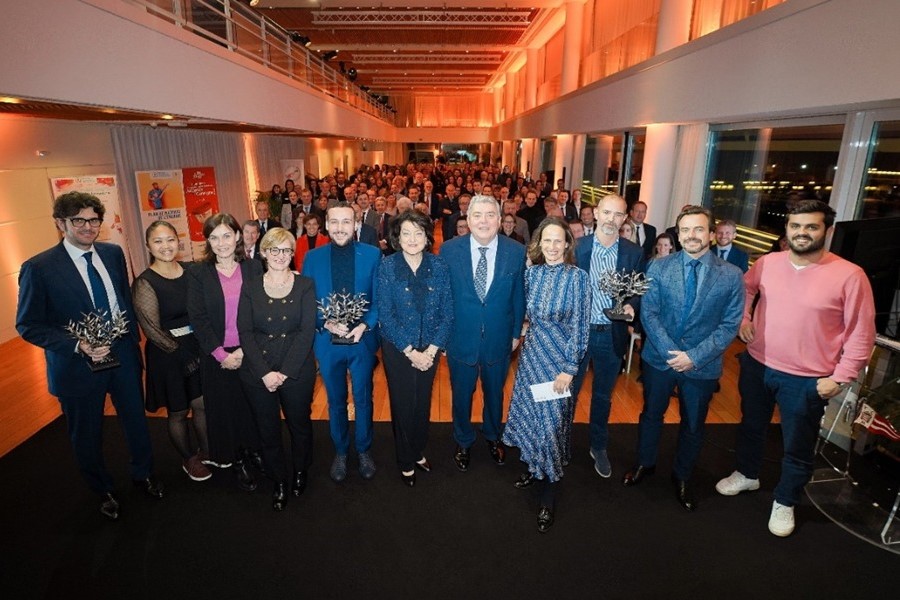The message at the recent Energy Transition Conference in Monaco was clear: many steps have been made in Monaco’s journey towards a more digital and environmentally sound society, but further work is needed if it is to realise Prince Albert II’s goals by 2030.
At the annual Mission for the Energy Transition (MTE) meeting last week, politicians and business leaders from across the Principality came together to report on their successes as well as their thoughts on what needs to be done if Monaco is to become a completely digital and inherently sustainable state by the end of this decade.
It is now six years since the white paper by the Principality’s government that laid out plans to phase into a more digital and environmentally sound society was published, and no one at the meeting could dispute that the progress made since then has been anything less than incredible.
Many of Monaco’s administrative forms are now available online, digital payroll is the norm rather than the exception, improvements have been made to housing to save energy, there has been a general reduction in waste by the population, efforts have been made to lower CO2 emissions, and multiple private sector companies have joined the state in its commitment to the standards set by the government. In short, a report written by Annabelle Jaeger-Seydoux, the director of the MTE, and shared at the conference, showed that, thus far, the transition has certainly been a success story.
But as Céline Caron-Dagioni, the minister for Public Works, the Environment and Urban Planning, stated in her discourse, there are still advancements to be made in order to reach the 2030 goal of a total switch.
“2030 is in seven years, it is already tomorrow,” she reminded those gathered. “Let us therefore redouble our efforts and our collective creativity to come together ever more widely and convince all those who are currently not totally convinced of the imperative need for our approach.”
“The State must be exemplary,” followed up Minister of State Pierre Dartout. “At all levels of the state, agents are engaged in everyday actions that contribute to controlling consumption and preserving resources.”
It was then the turn of leaders from the Principality’s business community, whose commitment has been impactful in the overall scheme. Marie-Gisèle Fringant, the president of the Junior Economic Chamber, CSR Manager at CFM Indosuez Virginie Bernard, and Gabriel Viora, the president of the Order of Architects, were amongst those to speak.
The guest of honour at the event was Guy Pezaku, CEO of the start-up Murfy, an innovative company that has created a digital out-of-warranty repair platform that will help save money for consumers as well as resources. Murfy offers free online self-diagnostic tools to allow people to carry out minor repairs themselves. If the job is too big, they can send out an expert technician, citing a fixed price repair package that includes a six-month warranty on the same failure.
Finally, the Energy Transition Trophies were awarded to three winners for their dedication to the objectives and goals of the MTE: EatIn’s Léo de Bruyn for his 100% electrically-powered delivery service in the Principality, Grégory Rougaignon from ICI Salad for his investment in the MaConsigne concept, and MoNa Résidence developer Jean-Baptiste Pastor of the Michel Pastor Group for his efforts in this renewable energy-driven project.
Sign up for the Monaco Life newsletter. For the latest news, follow us on Facebook, Twitter, and Instagram.
Photo source: Monaco Communications Department
